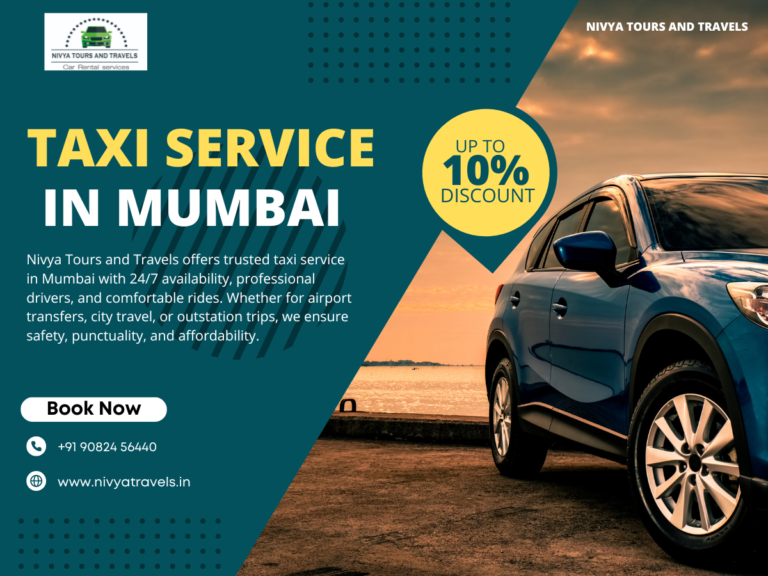The digital transformation of events has entered a bold new era, propelled by dissatisfaction with stagnant formats and energized by innovations like Virtual Real Event (VRE). As we move through 2025, the landscape is defined by immersive experiences, advanced analytics, gamified participation, and the strategic vision of global cities like Dubai. Here’s how these elements are converging to redefine what it means to gather, connect, and engage online.
The Shortcomings of Traditional Online Events
The rapid adoption of online events, initially driven by necessity, has revealed significant limitations. Conventional platforms often frustrate users with technical glitches, uninspiring interfaces, poor engagement tools, and limited networking opportunities. Attendees have grown weary of “mute/unmute” fatigue, static video calls, and clunky chat boxes that fail to emulate the dynamic nature of real-world gatherings.
Enter Virtual Real Event (VRE): Immersive Engagement at Scale
Addressing these frustrations, VRE emerges not as another webinar tool, but as a comprehensive platform focused on transforming online events into interactive, memorable journeys.
- Custom 3D Environments: VRE enables hosts to design fully-customizable virtual venues, echoing the atmosphere and branding of high-profile real-world locations.
- Real-Time Engagement: Interactive chats, live polls, Q&As, and networking lounges turn passive viewers into active participants.
- Gamified Storytelling: Through points, leaderboards, and interactive zones, VRE makes every session engaging and rewarding for attendees.
- Seamless Browser-Based Access: Eliminates the friction of downloads or compatibility issues.
- Advanced Analytics & AI Networking: Event organizers gain tools for actionable insights and smart matchmaking, taking networking and ROI to new heights.
This approach goes far beyond technical upgrades: it puts the audience’s experience at the center, ensuring every touchpoint is engaging, accessible, and meaningful.
Dubai: Shaping the Future of Virtual Events
Dubai has cemented its status as a global hub for digital innovation, especially in the realm of virtual events. The emirate’s ambitious Metaverse Strategy aims to inject billions into its GDP and generate tens of thousands of virtual jobs by 2030. Driven by government-private sector synergy, Dubai is pioneering regulatory frameworks, accelerator programs, and infrastructure to nurture a thriving digital events ecosystem.
Key developments include:
- Hosting global forums like GITEX EUROPE x Ai Everything 2025, which spotlight Dubai’s collaborations across AI, immersive tech, and digital security.
- Incentivizing the world’s top virtual event companies to establish operations in Dubai, making it the preferred launchpad for trailblazing digital experiences.
From “Booth Nobody Visited” to Interactive Expo Hubs
A common pain point — highlighted in industry discussions — is the lack of traffic and engagement at virtual event booths, mirroring the isolation sometimes felt at physical expos. Modern platforms like VRE are combating this through visually captivating booth design, compelling signage, and user-centric experiences that draw attendees in and foster real conversation.
Global Trends Shaping the Industry
The UAE’s event industry is booming, with projections indicating it will nearly double in value over five years.
Driving this growth: Immersive, phygital experiences (combining physical and digital elements), Advanced personalization via AI, Sustainability, Robust analytics for measuring engagement.
In parallel, VR and metaverse technologies are rapidly expanding, enabling hyper-realistic networking, globally inclusive access, and radically customized event settings.
The Path Forward: Human-Centric, Data-Driven, and Ever-Evolving
Today’s virtual event organizers must prioritize frictionless access, engaging content, and community-driven experiences. Continuous innovation — embracing 3D environments, gamification, and AI-powered insights — is now the standard for anyone aiming to compete globally.
Cities like Dubai are setting a precedent, but the transformation is accessible to any organization ready to evolve beyond basic video calls. With platforms like VRE, virtual events are no longer placeholders for in-person gatherings — they are dynamic spaces for creativity, connection, and measurable impact.
The future belongs to those who refuse to settle for ordinary. As digital experiences become ever richer and more interactive, the only thing truly obsolete will be the memory of the uninspired virtual meetings of years past.

.png)


